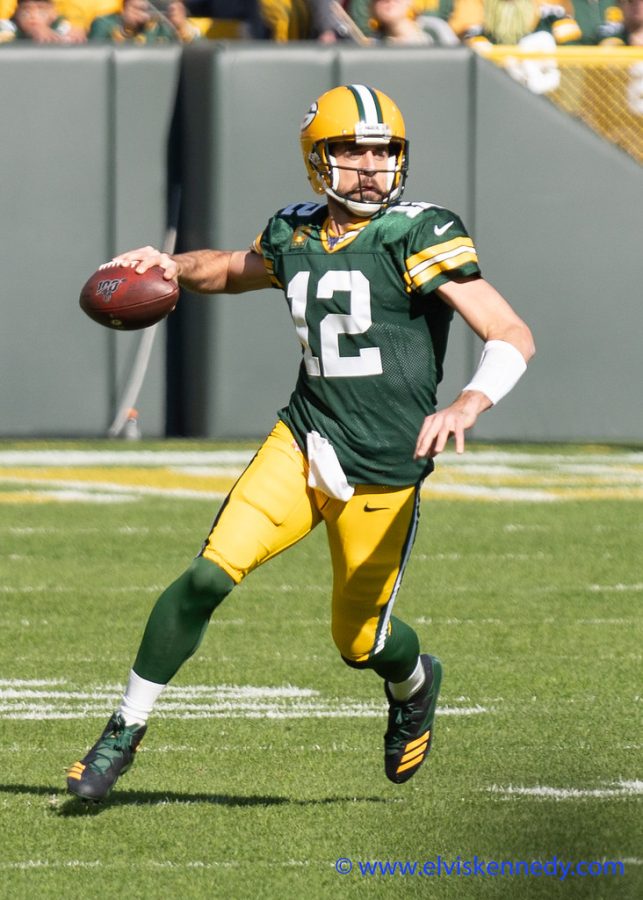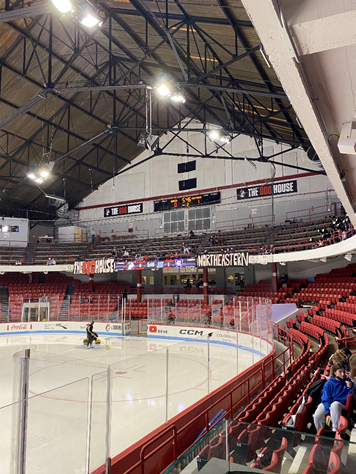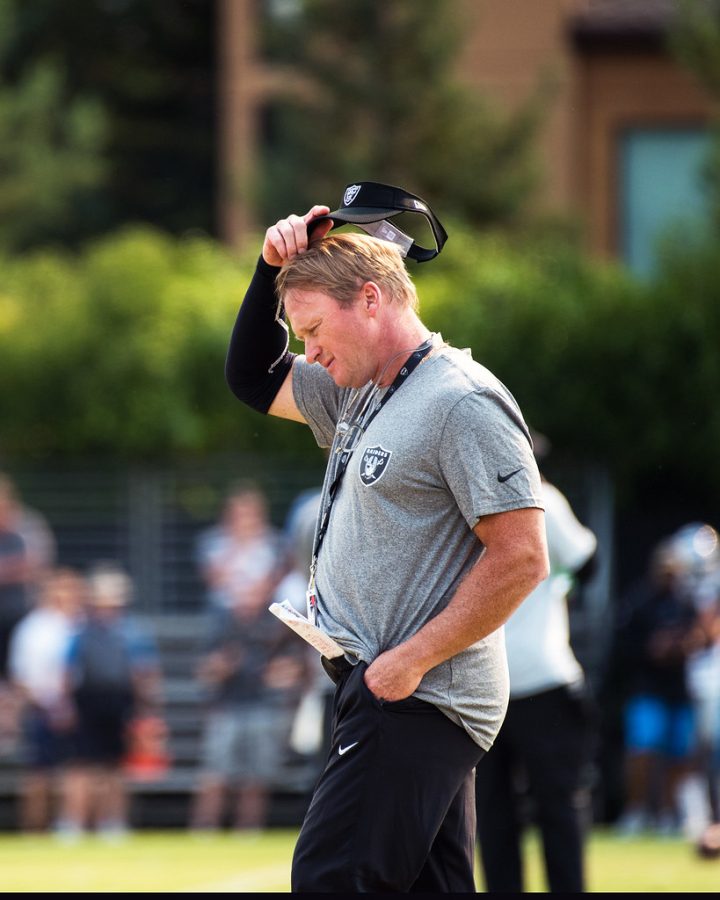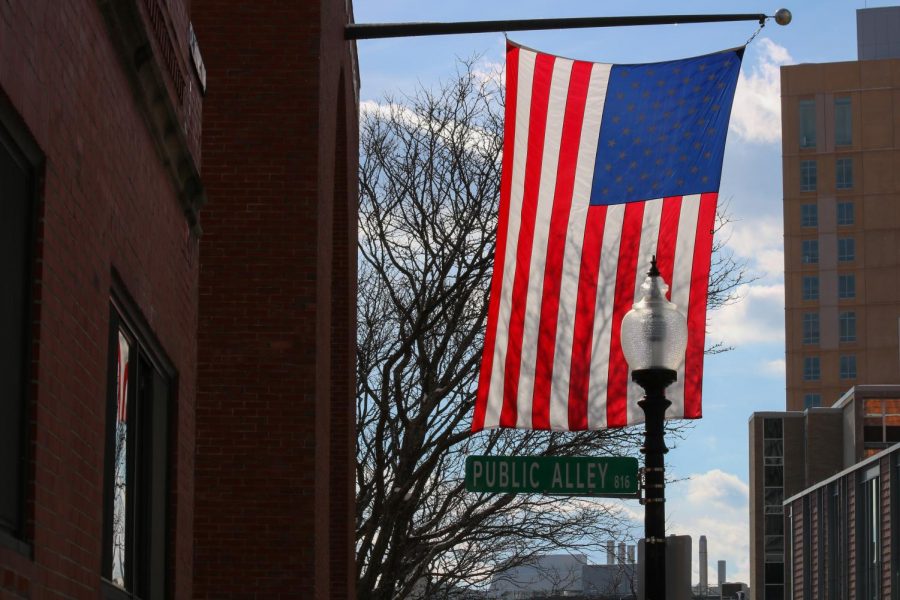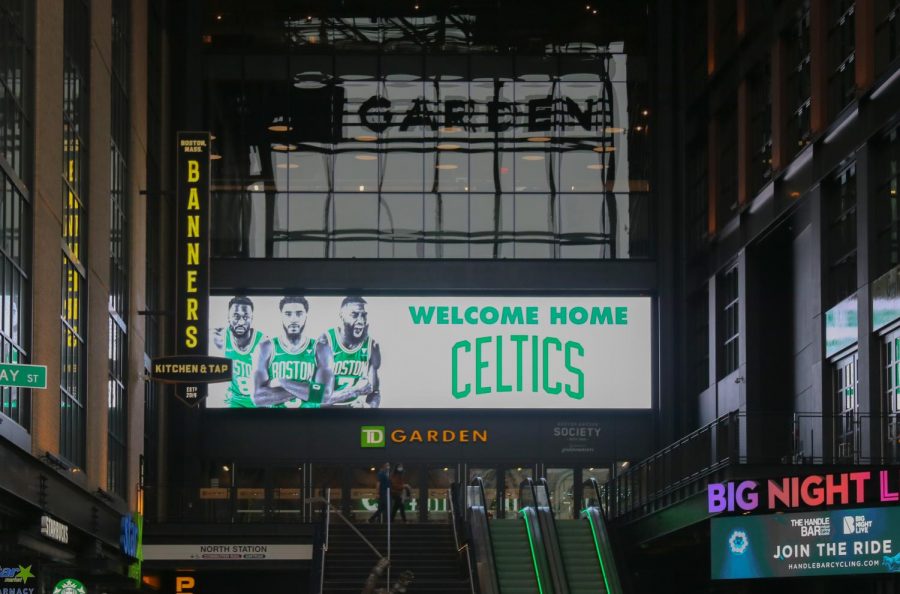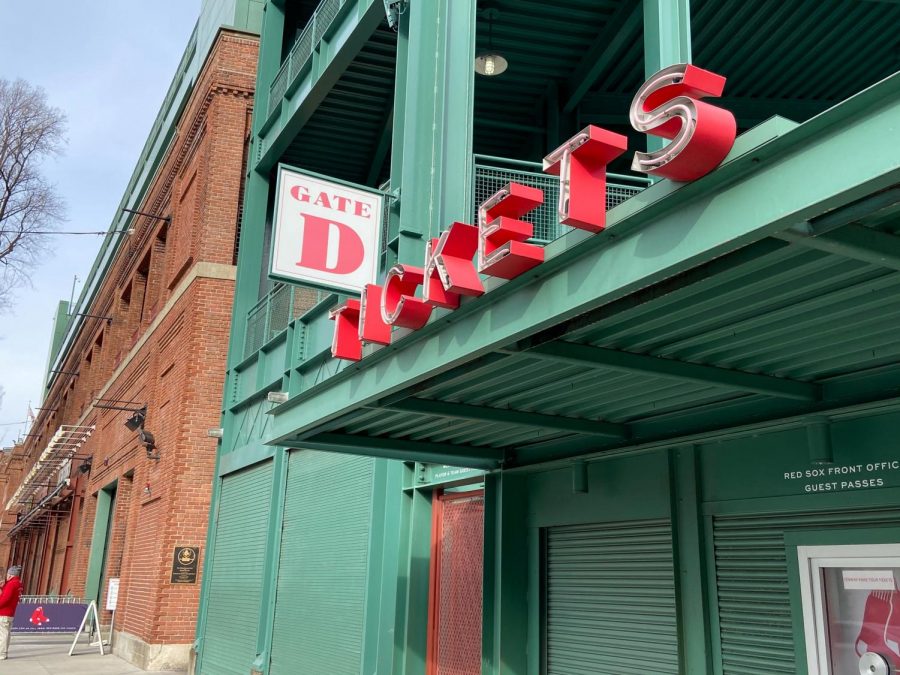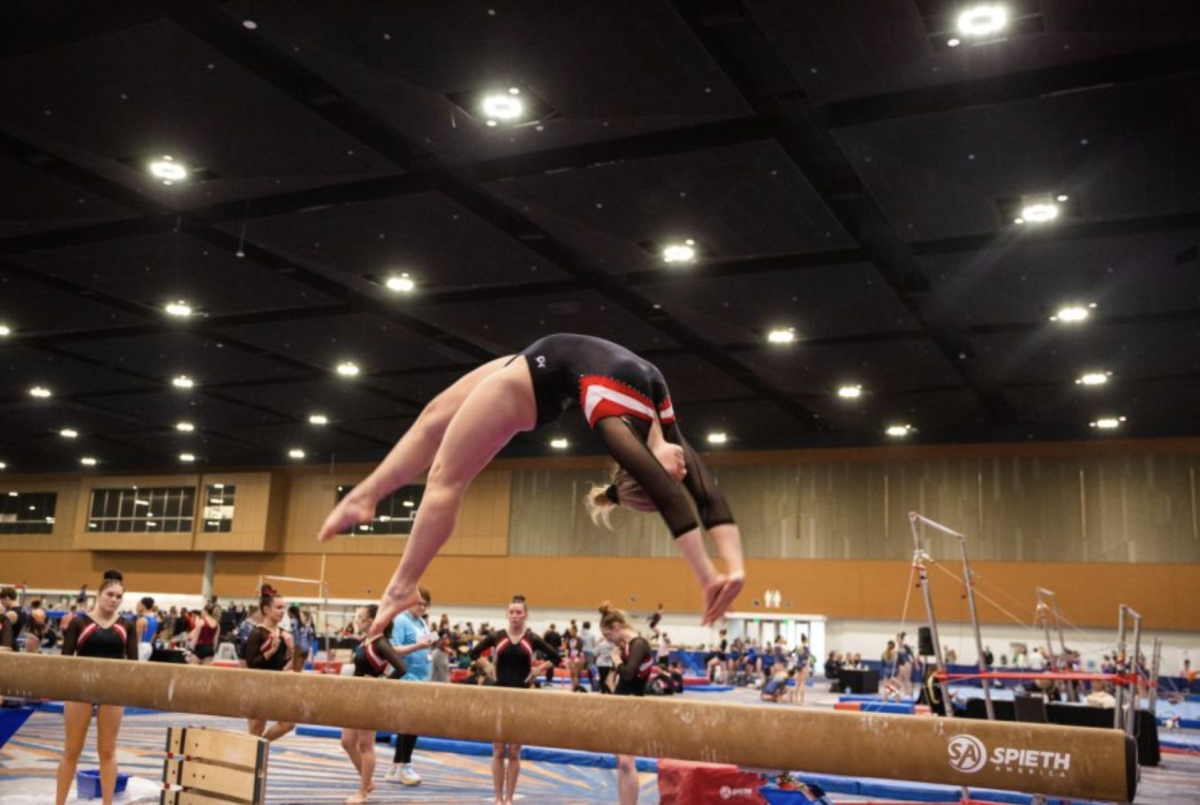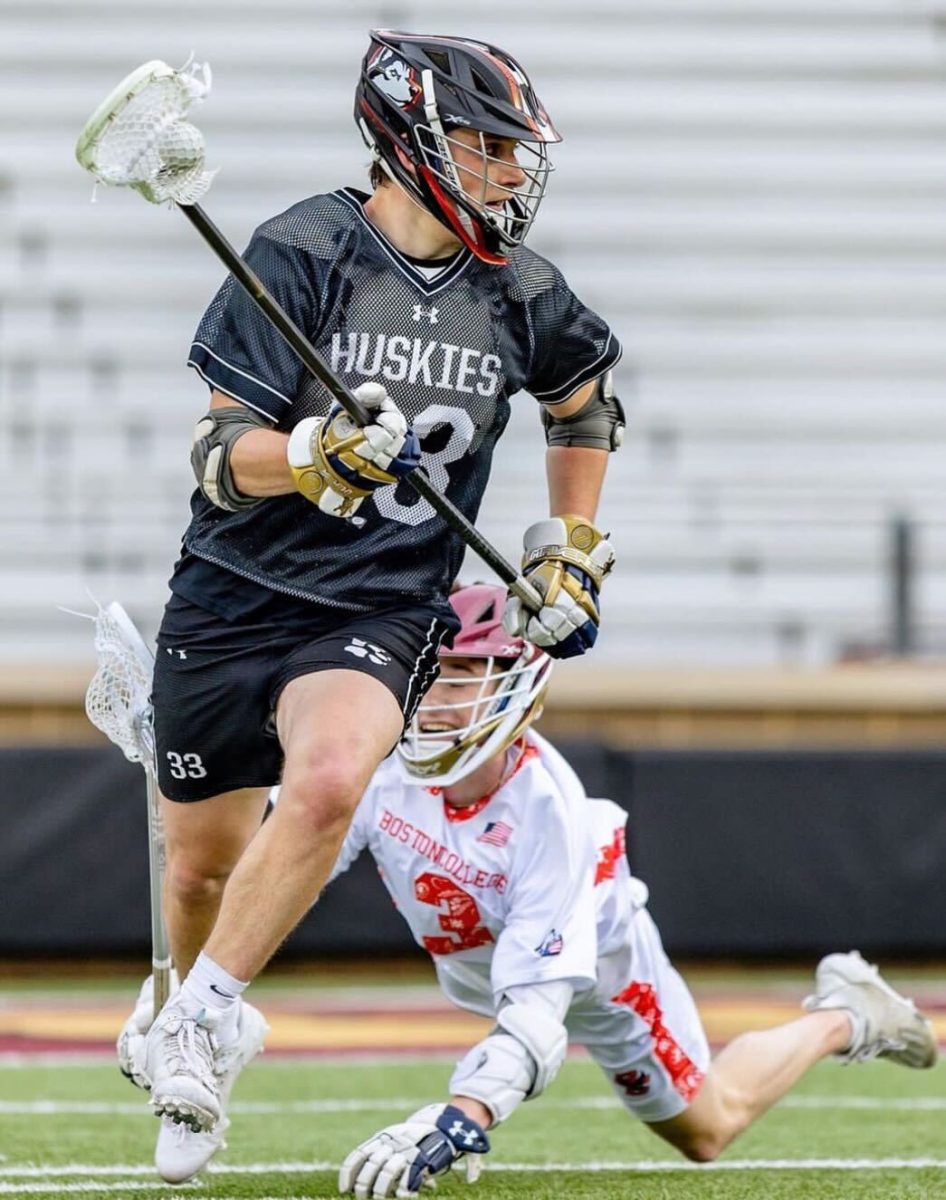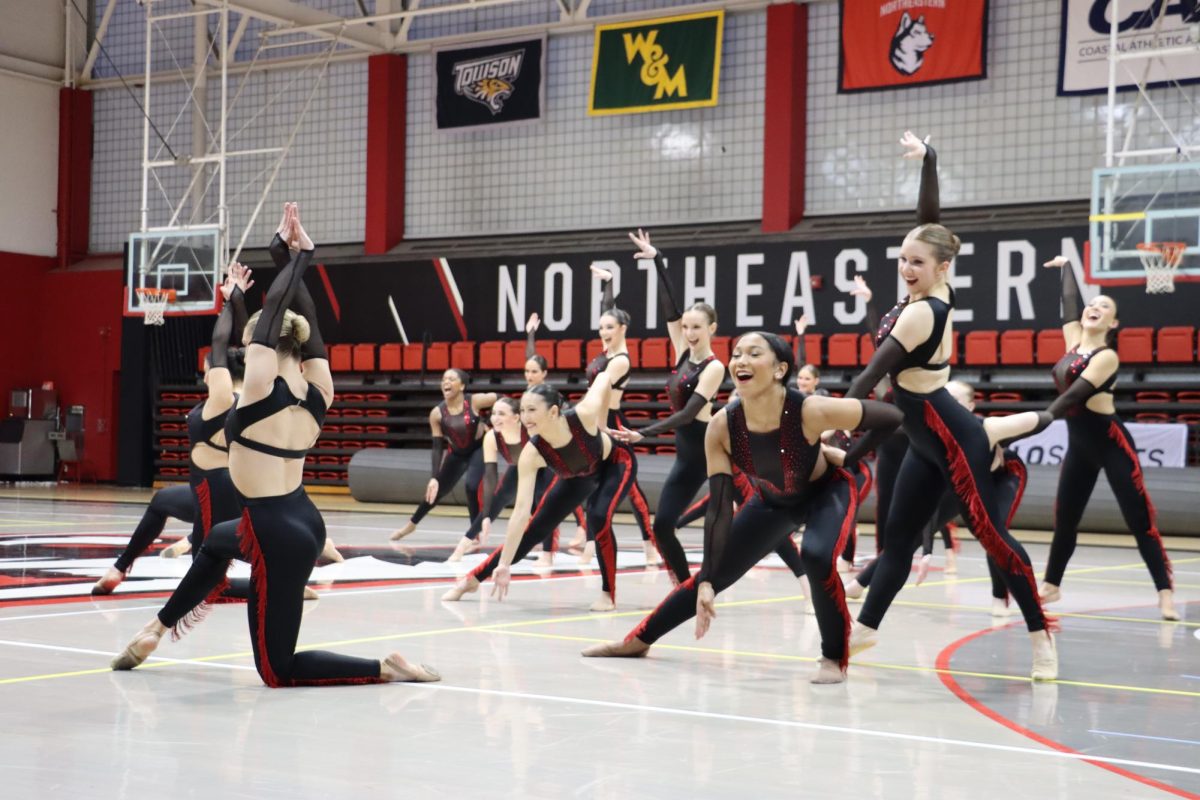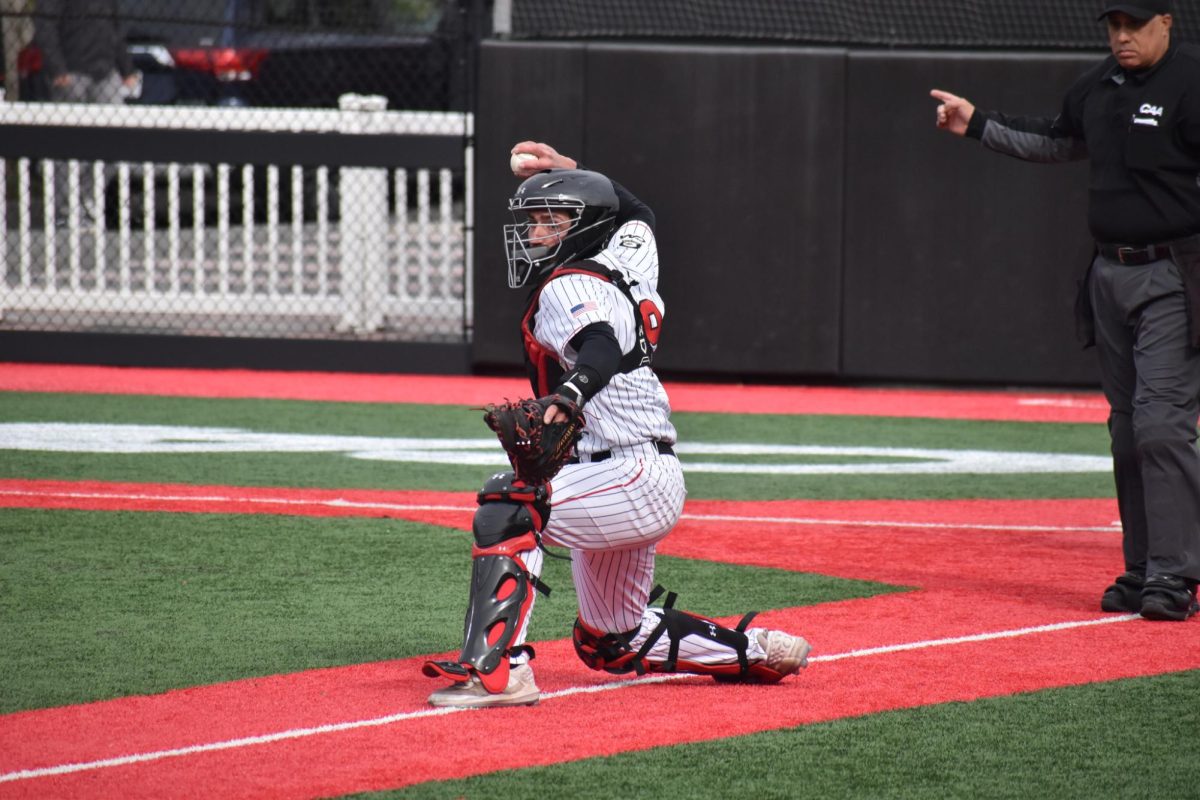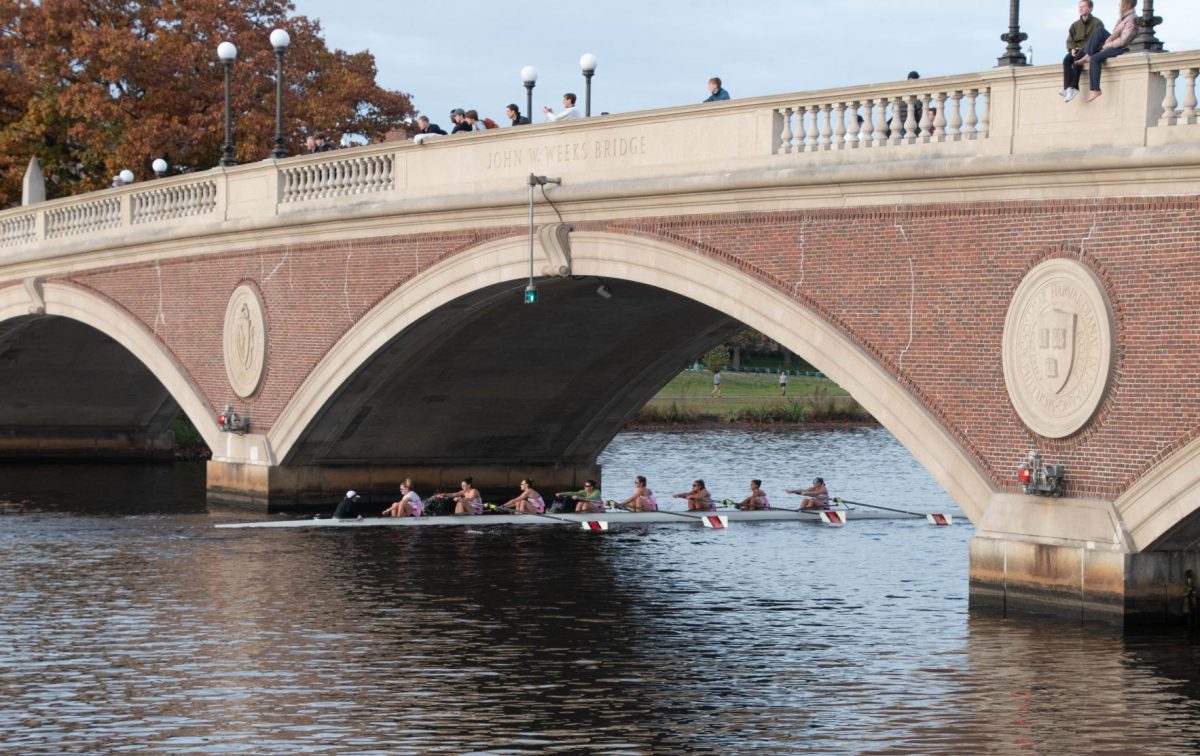“It sucks that we will not be there to play!!” Alex Ovechkin wrote.
A lot of things have been written and spoken by NHL players, coaches and fans in the wake of the league’s decision, and subsequent insistence on barring its players from competing in the 2018 Olympic Games in PyeongChang, South Korea. Perhaps the one that sums up the shared sentiment in its simplest and rawest terms is this quote from Ovechkin.
The 32-year-old Washington Capitals winger issued a statement through his club Thursday, conceding defeat on the issue and ripping into the NHL’s decision. Ovechkin was among the last players to hold onto a hope of defying the league’s PyeongChang decision, but that was put to rest last week when the International Ice Hockey Federation (IIHF), in cooperation with the NHL, forbade any nation from allowing NHL players to play on their team.
The league rationalizes this decision the same way it justifies all of its wildly unpopular moves, such as the 1994 lockout, the gross overexposure of the outdoor game concept and the 2005 lockout. Oh, and the 2012 lockout. The NHL consistently makes decisions that draw the ire and ridicule of even their most passionate followers, and it’s almost always about money. Commissioner Gary Bettman’s regime has proven many times over that they’re not above making hideous PR moves to get some extra cash down the road.
To be fair, pausing the NHL season for the Olympics does cost the league money. There have long been disputes between the league and the International Olympic Committee over travel and insurance costs for players. There’s a risk of injury, too. It couldn’t have felt nice for the New York Islanders to lose their captain, John Tavares, for the remainder of the season after he got injured at the Sochi Games in 2014. Nor did Henrik Zetterberg’s injury at the same games help Detroit in the stretch run to the playoffs.
Whatever the NHL loses financially in the short-term, though, is more than offset by the unique opportunity afforded by the Olympics to spread the sport’s popularity, both in the United States and abroad.
Despite consistently growing in popularity since Ovechkin and Sidney Crosby entered the league in 2005, the NHL is still nowhere near the top of the U.S. sports scene. The NFL, NBA and MLB are all comfortably ahead in popularity by most measures, and there’s a case to be made that NCAA basketball and football are, too. It doesn’t look like this is going to change any time soon, but appealing to Americans’ patriotism is a fantastic way to start.
The league is flooded with exciting young stars like Auston Matthews, Connor McDavid and Patrick Laine, but there’s a disconnect with the fans the NHL is trying (and failing) to attract. The typical American potential-new-hockey-fan just isn’t going to be drawn in by a matchup of McDavid’s Edmonton Oilers and Matthews’ Toronto Maple Leafs.
They may, however, be far more inclined to give hockey a try if it’s Matthews’ Team USA against McDavid’s Team Canada. Matchups like USA-Canada, USA-Russia and Sweden-Finland are what make Olympic hockey special, and an invaluable marketing tool for the NHL. Those national rivalries are far more likely to attract new hockey fans than a Penguins-Flyers or Bruins-Canadiens NHL date would be.
What does the NHL have at its disposal to advertise the games? Only two of the most iconic, memorable moments in Olympic history. That’s Olympic history, not Olympic hockey history.
Crosby’s “golden goal” in 2010 lifted Canada over the US in overtime of the gold medal game. It was the culmination of Crosby’s rise to the top of the hockey world, and it was the bitter end of an inspiring Olympic run for Team USA, backstopped by tournament MVP Ryan Miller. The game drew an average viewership of 27.6 million people in the United States.
The average viewership for the decisive sixth game of the 2017 Stanley Cup Final? 7.086 million. Just 4.762 million for the series overall.
The 1980 “Miracle” Team USA drew a staggering 32.8 million viewers in the United States for its gold-medal game against Finland. And that was back when the NHL had just 21 teams, and even some existing markets had yet to catch fire for hockey, like Pittsburgh and Los Angeles. A country that was largely apathetic toward hockey collectively turned on its television sets for Olympic hockey.
The Olympics are simply too big of a growth opportunity for the NHL to sit out — Especially given that these games are being held in South Korea, and the NHL has frequently stated its desire to gain popularity in Asia.
Tangentially, this is yet another example of the NHL lacking any regard for its players. The league doesn’t listen to the players on issues like the All-Star Game, it shows little care for player safety and now it has ignored the opinion of virtually every player on the Olympics.
In 1992, the great Mario Lemieux called the NHL a “Garage League,” calling out the league’s officiating style and how it suppressed talented scorers and allowed dangerous, even violent play. In 2011, he issued a rare public statement (he didn’t like to speak to reporters as a player, and almost never does so as an owner) blasting the league after a Penguins-Islanders game was allowed to devolve into a collection of line brawls, sucker punches and suspensions.
“We should not have to be in a position to make this choice,” Ovechkin wrote last Thursday.
No, you shouldn’t, Alex. But although it’s been over 25 years since Lemieux made that original comment, the NHL is still a “Garage League.”







